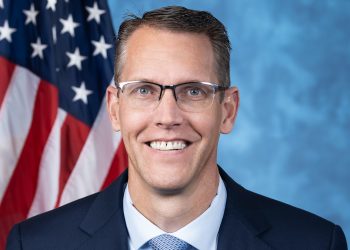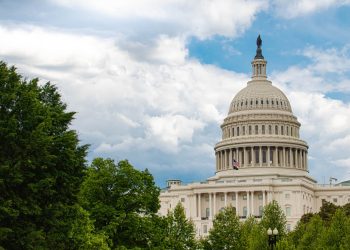Last week, the American people faced a surreal and gut-wrenching reality—America left our own behind. The president broke a promise to our citizens and to those who bravely served alongside us as he ended the U.S. mission in Afghanistan, and the Taliban celebrated.
Right now, President Biden and his administration need to finish the evacuation. Americans, Afghan partners, and at-risk personnel are still in the country. I’m pressing the Biden Administration for answers on the status and safety of American citizens, green card holders, and Special Immigrant Visa (SIV) applicants left behind in Afghanistan—and I will continue pressuring Congress to ensure the administration has all the authorities they need to bring Americans to safety, along with our Afghan allies. That includes full implementation of my bipartisan bill with Democratic Senator Jeanne Shaheen to provide immediate improvements to and strengthen the efficiency of the Afghan SIV program. This will help make sure we are fully vetting our Afghan partners while maintaining safety here at home.
The Biden Administration also needs to recognize that Afghanistan could soon return to being a hotbed for terrorist activities. It’s abundantly clear those wishing to do us harm are still in the region. As we’ve already seen, the Haqqani Network, al-Qaeda, and ISIS-K are all emboldened. The Biden Administration just let billions of dollars in weapons and military equipment fall into the hands of the Taliban. I’ve called for a full accounting of the military equipment that has been seized by the Taliban, and an assessment of how long it will take the Taliban to use the equipment. I’ve also pressed the Pentagon to evaluate the likelihood that the Taliban will seek to work with Russia, Pakistan, Iran, or the People’s Republic of China for training, fuel, or infrastructure necessary to utilize the equipment they do not have the capabilities to use on their own. It’s imperative we have a thorough understanding of the Taliban’s military capabilities, and in turn create a new counterterrorism strategy that takes into account the looming threats in Afghanistan. In order to counter other adversaries like China and Russia, we also need to take immediate action to strengthen and reassure our relationships with allies, partners, and those questioning our reliability.
Lastly, we’ve already seen the calls to veterans’ suicide hotlines increase since the fall of Kabul. As a combat veteran, I know firsthand how emotional and disturbing the scenes in Afghanistan have been for so many. More than two million veterans served during the Global War on Terror, including more than 800,000 in Afghanistan, and these service members deserve and earned the support that they need. I’ve led a bipartisan effort with more than 33 of my Senate colleagues calling on the Department of Veterans Affairs (VA) to swiftly develop and conduct outreach to veterans of the Global War on Terror—and especially those who served in Afghanistan—providing them with the mental health resources they need. We must fulfill our obligation to those who served by giving these heroes the best quality care and support possible.
One final word to these men and women who have served in Afghanistan, and who’ve protected our homeland over the past twenty years: your sacrifices, and that of your families, have made a difference for so many. Your impact will never be forgotten. Thank you.
















